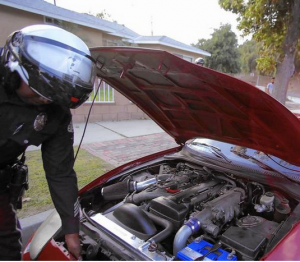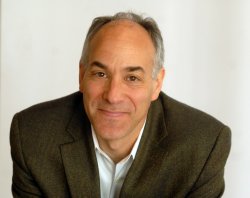More than two weeks after it became clear that the LA Times fired me as a favor to the LAPD, a major daily newspaper is reporting about it.
A British newspaper.
Sam Thielman of The Guardian writes “Fired Los Angeles Times cartoonist hits back at newspaper for siding with LAPD” for today’s editions:
Pringle did not respond to emailed requests for comment. Nicholas Goldberg, the editor of the opinion page who wrote the note appended to Rall’s May column, said he was not authorized to comment on the story.
The Times press office has been contacted for comment.
The LAPD did not respond to a request for comment, but the department’s union, the Los Angeles Police Protective League, said they “applaud the L.A. Times firing of cartoonist Ted Rall” in a blog post (since removed, but also issued as a press release here) describing how, “[s]ince [Rall’s] blog post, the LAPD has approached the Times and provided reports and records of the incident, including an audiotape of the encounter”.
Read the whole thing here.





 Officer Durr (shown at right) angrily accused me of jaywalking, though he would’ve known full well I did no such thing if he’d actually watched me cross Melrose.
Officer Durr (shown at right) angrily accused me of jaywalking, though he would’ve known full well I did no such thing if he’d actually watched me cross Melrose. But last week, on July 27, Times reporter
But last week, on July 27, Times reporter